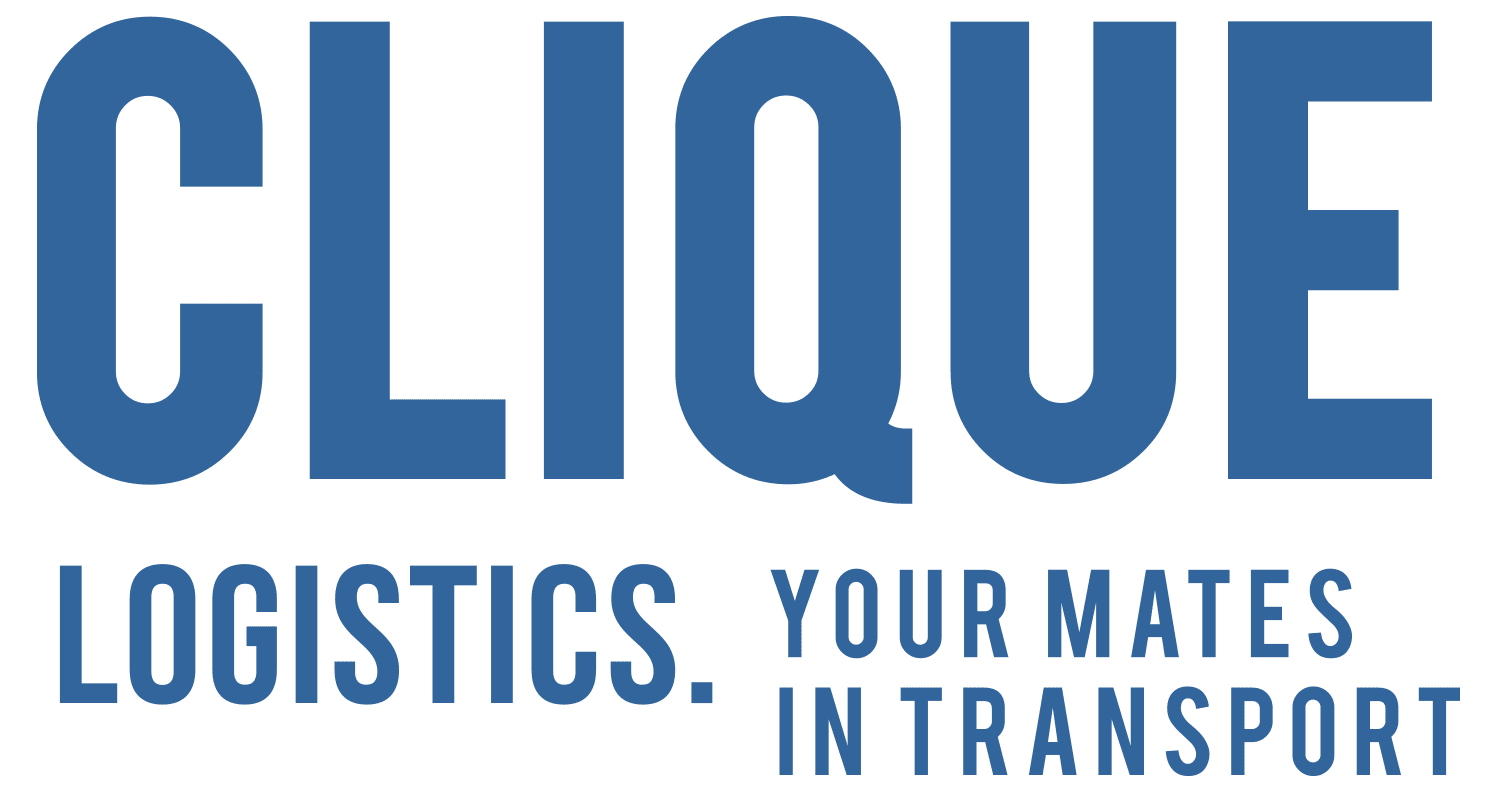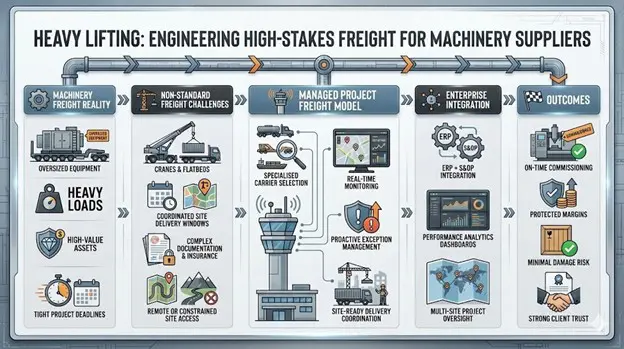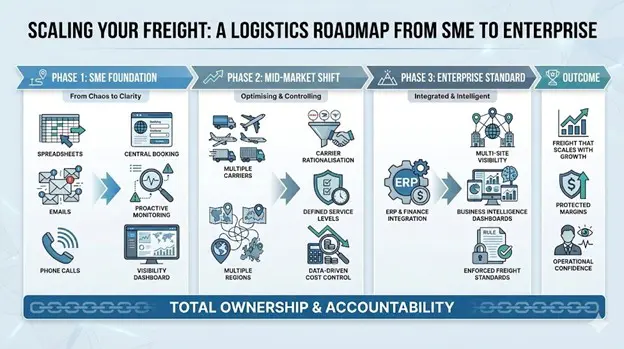Companies are constantly seeking ways to optimise costs and improve efficiency. Freight management, a crucial aspect of many supply chains, presents a significant opportunity to maximise return on investment (ROI). By implementing strategic measures, businesses can streamline their freight operations and unlock valuable cost savings.
Understanding Your Current Freight Spend
The first step towards maximising ROI is gaining a clear understanding of your current freight expenditure. Analyse your spending patterns. Here are some key questions to consider:
- What is your total annual freight spend?
- What are the different categories of freight you ship (e.g., domestic, international, expedited)?
- Who are your primary carriers, and what are your current rates?
- What percentage of your overall costs does freight management represent?
By thoroughly analysing your spending patterns, you can identify areas for potential cost reduction and optimisation.
Strategies for Maximising ROI in Freight Management
Several strategies can be implemented to enhance your ROI in freight management:
- Negotiate Rates: Don’t shy away from negotiating competitive rates with carriers. Leverage your total freight volume and explore options like multi-year contracts or volume discounts.
- Optimise Shipping Methods: Analyse your shipping needs. Can some shipments be consolidated or utilise slower but cheaper modes of transport without impacting delivery timelines significantly?
- Route Optimisation: Explore route optimisation tools and strategies to ensure efficient delivery routes for both inbound and outbound shipments. This can minimise fuel costs and optimise driver time.
- Warehouse Consolidation: Consider consolidating storage facilities to reduce overall warehousing costs and potentially shorten delivery distances.
- Technology Adoption: Embrace technology solutions like freight management systems (FMS) that provide real-time shipment tracking, data analytics on past shipments, and automation capabilities. This can improve efficiency and identify further cost-saving opportunities.
- Vendor Management: Regularly assess the performance of your existing carriers. Are they consistently meeting your service level agreements (SLAs)? Consider soliciting quotes from new carriers to ensure you’re getting the best possible value.
- Data-Driven Decision Making: Utilise data generated from your FMS or internal records to identify trends and patterns in your freight movements. This data can inform future decisions about carrier selection, route optimisation, and overall freight strategy.
Beyond Cost Reduction
While cost reduction is a significant factor in maximizing ROI, consider the broader impact of your freight management strategy. Factors like on-time delivery, shipment visibility, and proactive issue resolution all contribute to customer satisfaction and brand reputation. A well-optimised freight strategy can indirectly improve customer loyalty, potentially leading to increased sales.
Conclusion
By implementing these strategies and adopting a data-driven approach, businesses can significantly improve their ROI in freight management. Remember, maximising ROI goes beyond just cost reduction; it’s about optimising your entire supply chain for efficiency, reliability, and customer satisfaction.




